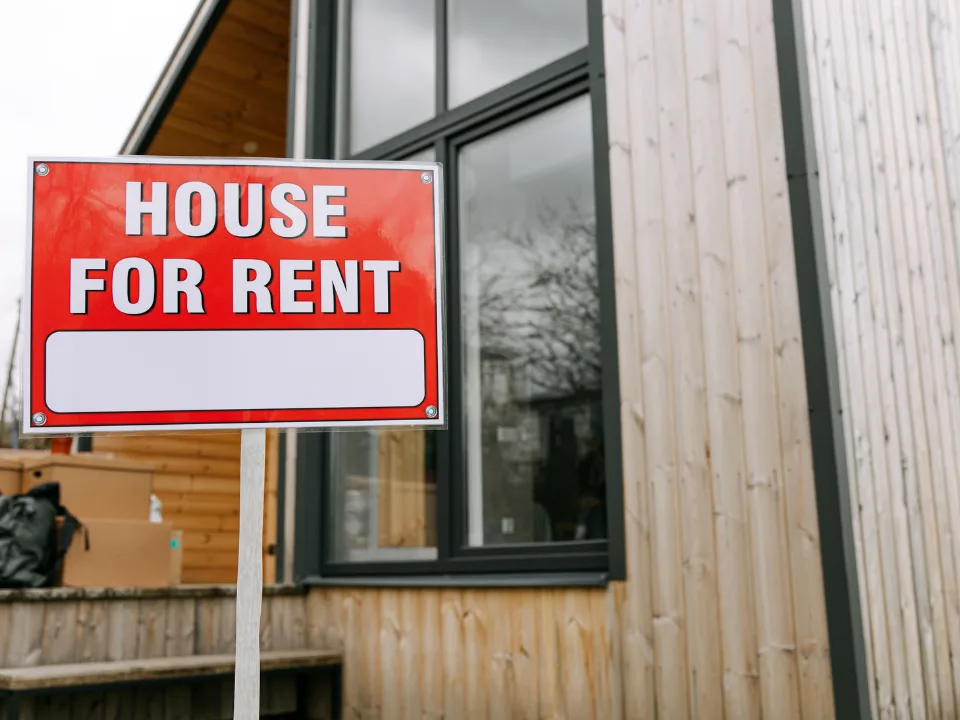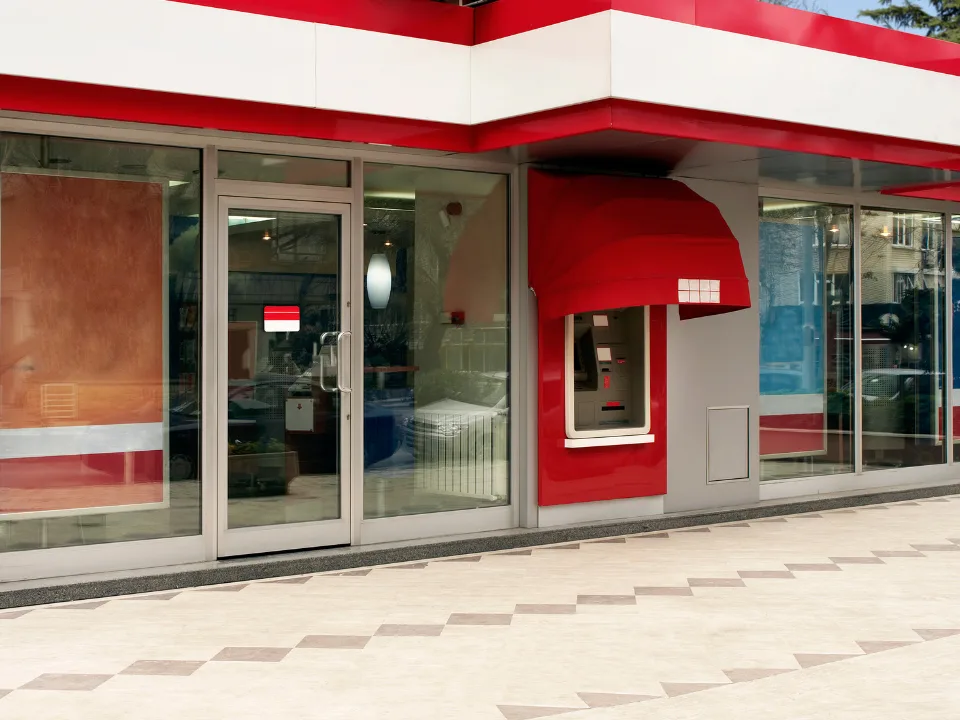- Mayor Michelle Wu’s proposal to raise commercial property taxes temporarily aims to shield homeowners from sharp increases but faces delays in the MA Senate.
- New data shows office building value declines are less severe than initially thought, prompting calls for more analysis from lawmakers and business coalitions.
- Without the adjustment, Boston homeowners could face an annual property tax increase of 10.5%, while the proposal would reduce that to 5%.
According to Bloomberg, Boston’s reliance on property taxes leaves it particularly vulnerable to declining office demand, a trend seen nationwide.
Mayor Wu’s plan to shift part of the tax burden to CRE owners was proposed as a solution to stabilize the city’s budget. But delays in the state Senate and pushback from business groups underscore the complexity and controversy surrounding the issue.
Stuck in The Senate
The mayor’s proposal, designed to mitigate an expected sharp increase in residential property taxes, has cleared the state House of Representatives twice but remains stalled in the Senate.
State Senator Nick Collins has called for more time to review updated tax assessment data, which indicates a smaller revenue shortfall than previously estimated.
Residential, Commercial Impacts
Without the adjustment, homeowners will see an annual 10.5% increase in property taxes. With the proposal, this increase drops to just 5%, according to Mayor Wu.
Business groups argue that higher commercial property taxes could exacerbate challenges for an already struggling office market.
Updated valuations certified by the Department of Revenue also differ from earlier data that formed the basis of October’s compromise. Business coalitions now support a pause to reassess the potential impacts.
Looking Ahead
The Massachusetts Senate is set to reconsider the measure on Monday. Approval from Governor Maura Healey would still be required.
As the Massachusetts Senate deliberates, the proposal’s fate remains uncertain. Further analysis of revised data will be crucial in determining whether lawmakers and business leaders can reach a consensus.
Meanwhile, Boston’s residential taxpayers face the prospect of significant hikes unless an alternative solution is found.
Get Smarter about what matters in CRE
Stay ahead of trends in commercial real estate with CRE Daily – the free newsletter delivering everything you need to start your day in just 5-minutes

















